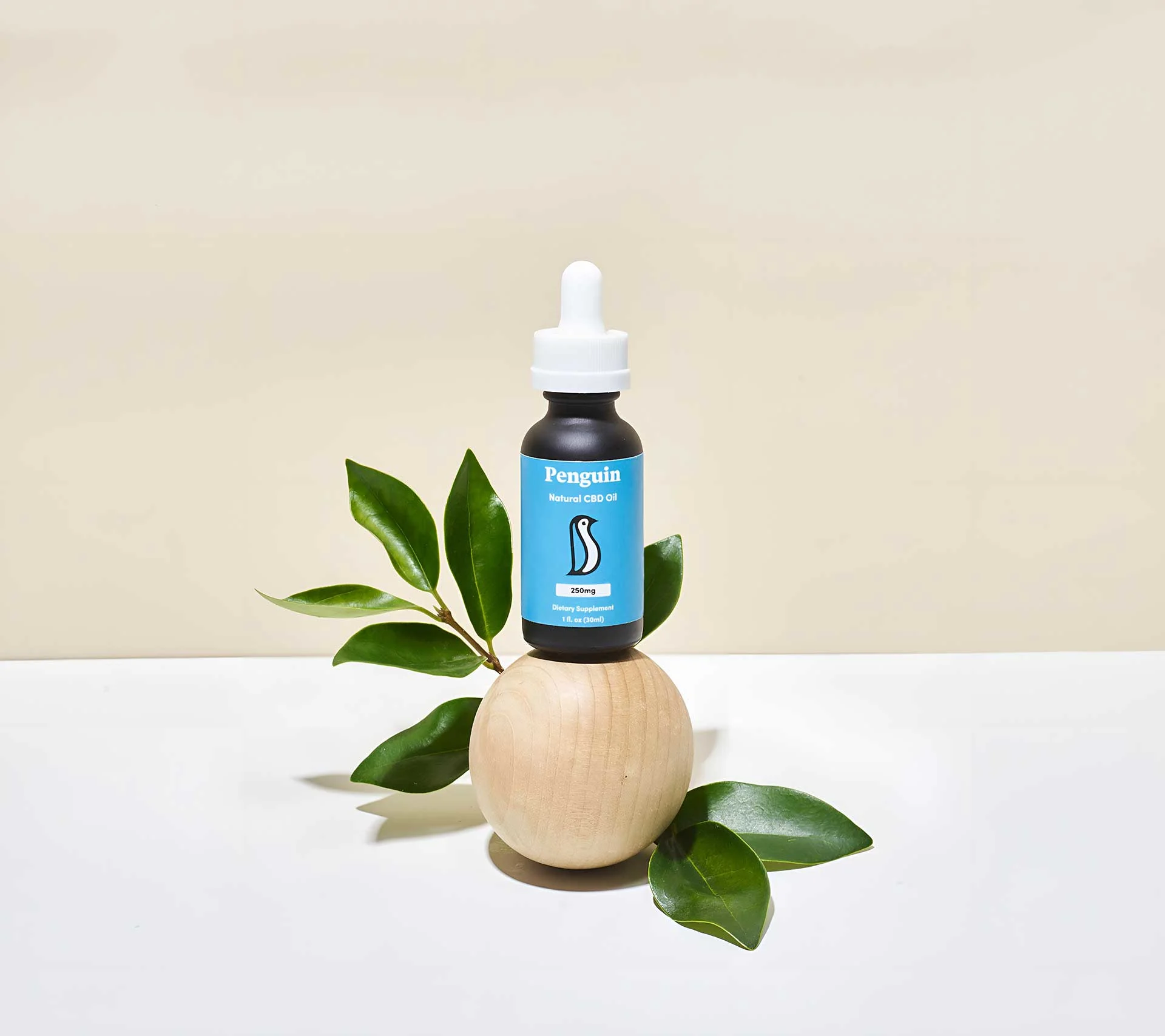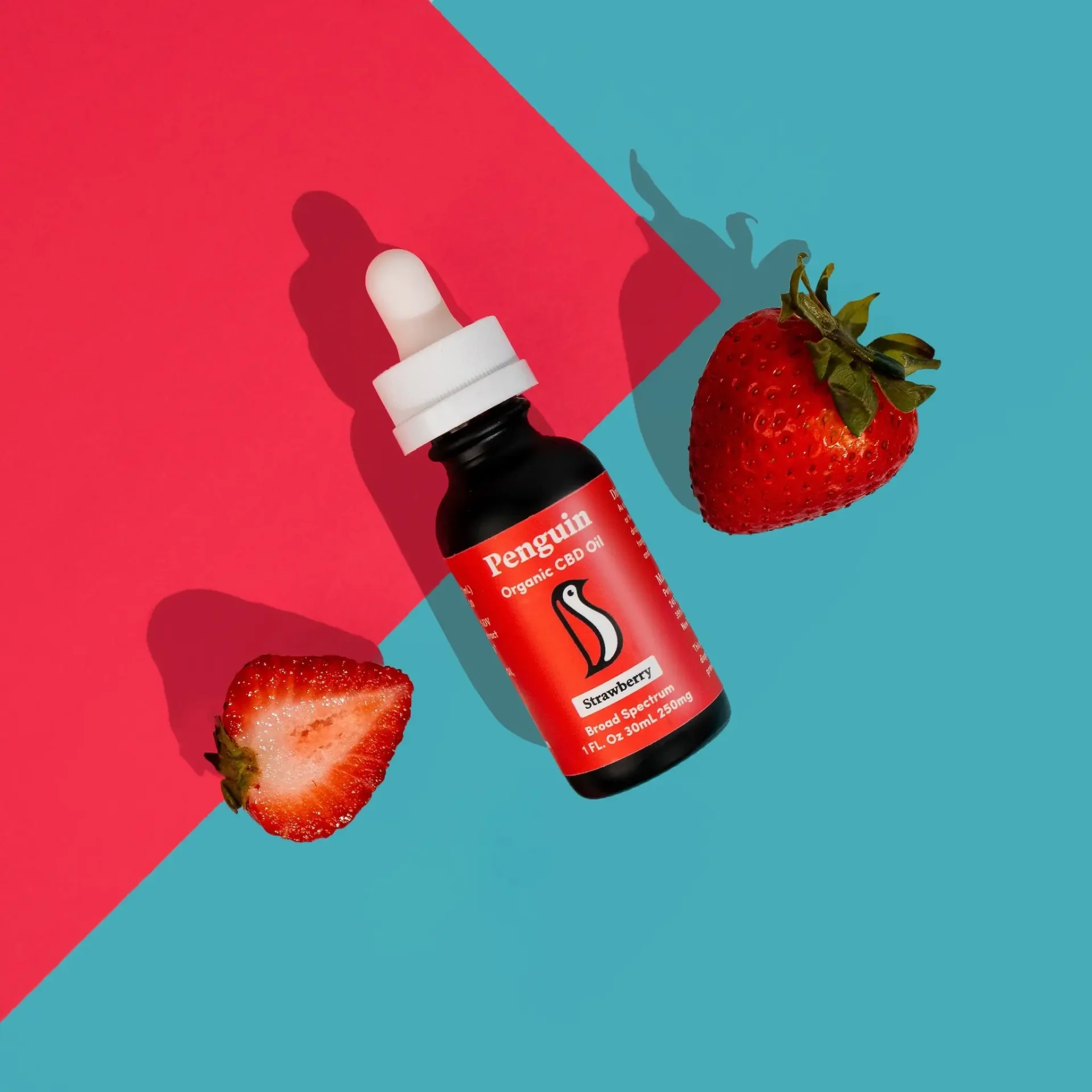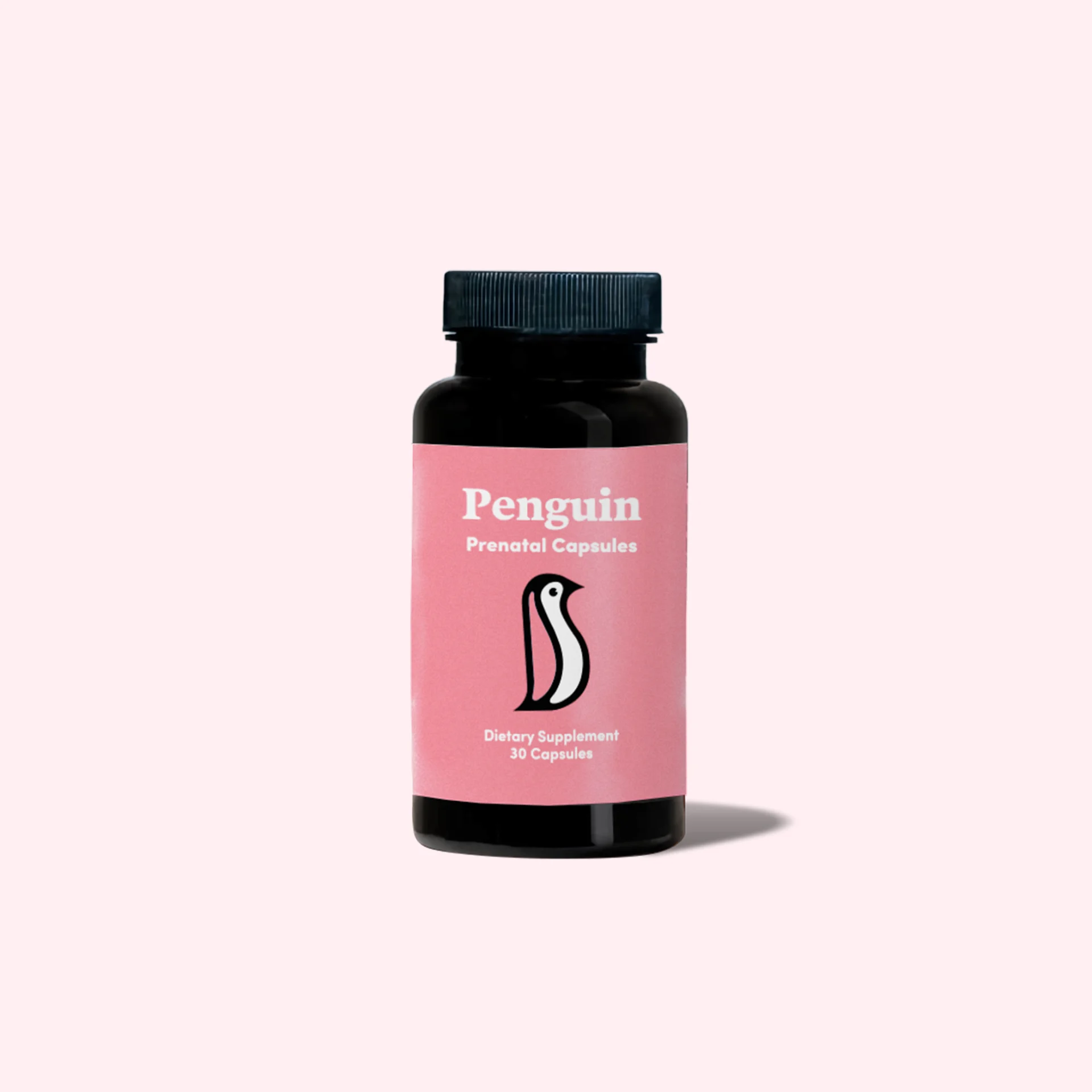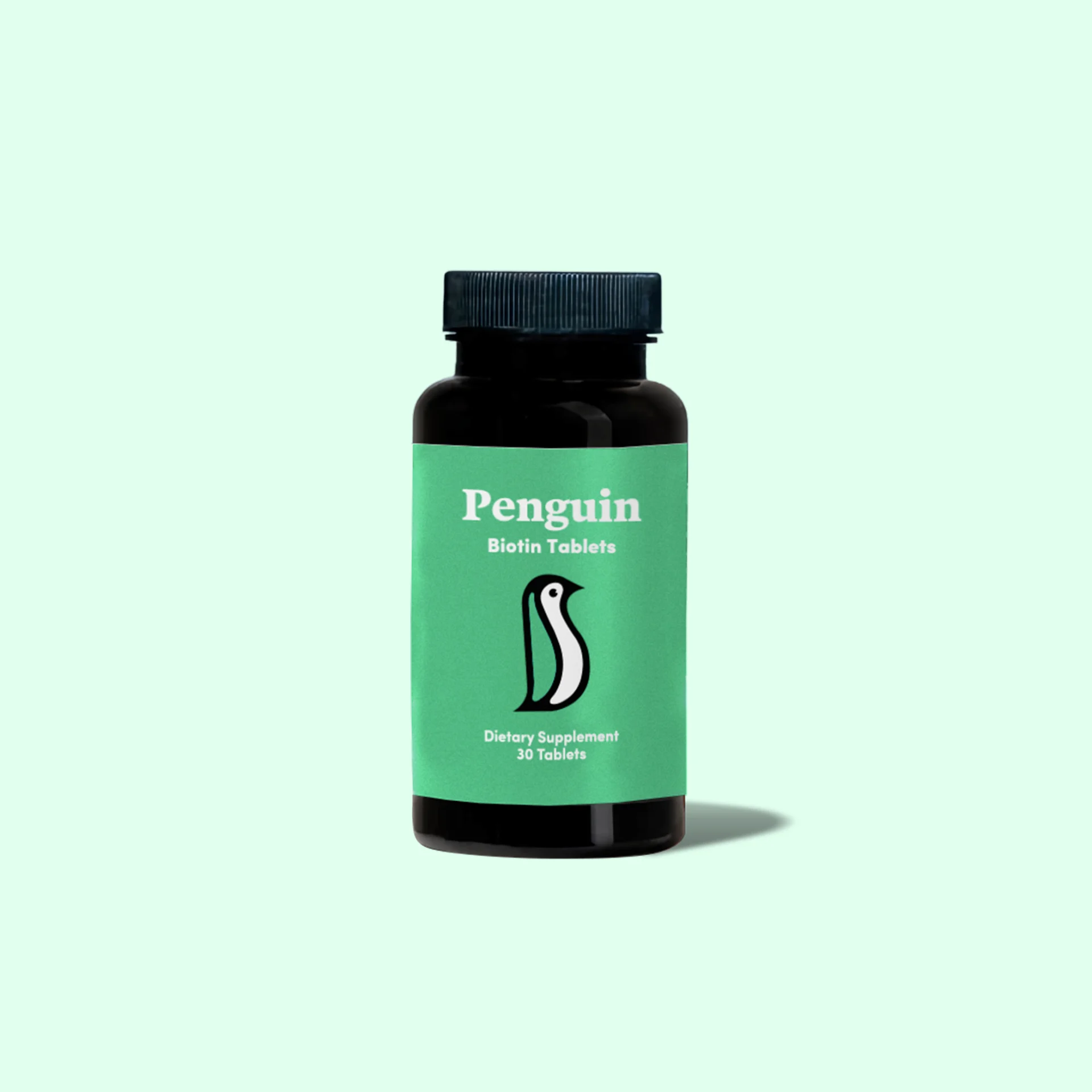What Really Makes the Best CBD Oil?
 By Penguin CBD
By Penguin CBDIt’s like the world of CBD has become its own sport. With oils for wellness support, creams for the normal daily rundown and brands pushing their own gear, it would be fair to think that CBD oils are competing for a trophy at the end of the season. But is there truly a way to pick the champion of CBD oils?
As CBD oil grows in popularity and becomes widely available around the globe, it has become important to make sure you are getting the highest-quality oil and are staying informed about how often you should consume CBD. There are thousands of CBD products on the market, and it can seem like an insurmountable task to decide which one is right for you.
The CBD market is a fast-growing and somewhat unregulated industry. And, as with any new and poorly regulated market, there will always be people who are willing to take advantage of the system in order to make easy money. You should always stay on the lookout for CBD products that don’t seem trustworthy or well-made.
The easy answer to the question “What makes the best CBD oil?” is “The one that works the best for your needs.” It is up to you, the consumer, to look at what is available and make the optimal choice.
Here are some helpful tips on how you can find the best CBD oil to suit your individual needs and goals.
Sourcing CBD Oil Correctly
Where you source your CBD oil from matters when it comes to the quality of the product. The cannabis plant is a hyperaccumulator. This means that the plant is highly efficient at absorbing nutrients to help its growth. However, this also applies to any toxins that are in the soil. If the hemp is grown in nutrient-rich soil, the plant will be healthy and of high quality, but if the hemp is grown in poor-quality soil, the plant will reflect its environment.
The real danger that comes from the hyperaccumulation of the cannabis plant is the absorption of heavy metals or pollution in the soil. These toxic compounds can enter the plant, and may not be filtered out when producing the CBD oil. They could cause major health issues if consumed in high quantities.
Here is a list of some of the best places to source your CBD oil.
- Oregon: This state boasts on its official website that it has some of the most productive soil in the world. If you’re looking for good CBD products, you’ll want them to come from plants grown in such soil.
- Colorado: Colorado was one of the first states to legalize cannabis, and their long experience cultivating the plant has led to an improvement in the quality of the CBD.
- Kentucky: The Bluegrass State has historically been known as one of the largest suppliers of hemp for the U.S. Now it has a USDA-approved state hemp plan. The extensive testing by local authorities provides an accurate record of each producer’s crop.
- Denmark: The cultivation of hemp in Denmark has been legal since 1998, and any CBD products produced in Denmark are regulated by the Danish Medicines Agency.
- The Netherlands: The Netherlands has always had a pragmatic approach to cannabis, but the production of products containing CBD is tightly controlled and regulated.
- Germany: CBD produced in Germany is strictly regulated, and all products containing CBD must be approved by the commission on Novel Food Regulation.
This is not an exhaustive list, and there are plenty of CBD products from other countries and states that are of high quality. Be sure to check the manufacturer's website for details about the origins of their CBD products.
How CBD Oil Is Made Is Integral to Its Quality
Depending on how the CBD is extracted from the plant, you can get differing qualities of CBD oil.
- Ethanol Extraction: Some companies use pharmaceutical-grade ethanol to process the CBD. Ethanol is high-strength alcohol that removes toxins from the cannabis plant. This method allows for the largest number of cannabinoids to be retained in the process. It is considered to be one of the safest and most efficient methods of extracting CBD.
- Supercritical CO2 Extraction: This is a process that uses carbon dioxide under high pressure in a cold environment to create a solvent that can extract the CBD and terpenes from the plant. This process is one of the most expensive because it requires a lot of equipment and a longer extraction process, but it will result in a safer product.
- Lipid Extraction: This is one of the less common extraction methods. It uses fats (lipids) to absorb the compounds in the plant, which avoids the use of any industrial solvents. These types of lipids might include household cooking products, such as olive oil.
- Hydrocarbon Extraction: This is an inexpensive and low-effort extraction process that you will often see used in the production of the cheapest CBD products. It involves the use of solvents like butane, pentane, propane and hexane to extract the CBD. These solvents may leave behind an unsafe residue that can be dangerous to your health. This method is also less efficient and will result in lower concentrations of CBD compared to more advanced techniques.
The most common methods of extraction are CO2 and ethanol. You should check the manufacturer's website for information on how the CBD was extracted if you want to know more.
True Champions Get Tested and Pass Their Tests
The CBD oil you can purchase for typical consumption is not FDA approved, and thus producers are not required to undergo third-party testing. If companies only want to make a quick buck, they may not test their CBD oil. Many of the larger companies pay a lot of money for independent testing labs to make sure that the CBD oil they produce is of good quality. These tests look at both the purity and the potency of the oil.
The more reputable companies will include their Certificates of Analysis (COAs) with their products so the consumer can be sure of the quality and potency of what they are buying. The results of the testing can be found on the bottle, the box, an insert or their website. If you cannot find the results, you should look elsewhere for your CBD oil. Here at Penguin CBD, you can easily access all of our lab reports online.
Labs can also provide more detailed tests that offer extra information about the oil you are purchasing. Some companies provide details on everything that is in the oil:
- The number and concentration of terpenes.
- The presence of any other cannabinoids.
- Whether there are any contaminants or heavy metals still in the product.
If the oil you purchase has these results available, you are more likely to be purchasing a high-quality oil.
What Does the Color of CBD Oil Indicate?
The color of the CBD oil can be an indicator of its quality, consistency and viscosity. But this is not always true; the color of CBD oil can vary depending on the extraction method or the carrier oil. However, there are some factors that you should be aware of:
- The use of raw CBD oil: Raw CBD oil is often dark brown or green. Once extracted from the plant, raw CBD oil does not undergo any further filtration or distillation. This results in an end product filled with plant compounds, including an array of cannabinoids. These can work together to create the “entourage effect.”
- Decarboxylated: This oil is heated after extraction to convert the CBDA in the oil into CBD. This results in a lighter brown or lighter green color than the raw oil. The decarboxylation process means there is a higher concentration of CBD in the end product.
- Distilled/Filtered: These oils further distill decarboxylated CBD oil to remove everything but the cannabinoids. This results in light gold color. The distillation process removes harder-to-absorb compounds and will leave the processor with one of the purest CBD oils available. If distilled more than once, the product can continue to be isolated and purified, resulting in lighter shades.
- Isolate: This is the purest form of CBD oil, which only contains CBD. The refined CBD is added to a carrier base like coconut oil and the resulting product is often transparent, odorless and flavorless.
The color of the oil can be an indicator of how much processing it has had. The general rule of thumb is that darker oils have had less processing. However, the level of processing does not necessarily indicate a product’s quality. You should choose the type of CBD oil that is right for you, not just based on color.
Full-Spectrum, Broad-Spectrum or CBD Isolate?
Another mark of quality is that the oil is manufactured using the whole plant and contains more of the natural compounds and cannabinoids. CBD isolate is becoming more popular, but consumers claim that it may be less effective than full-spectrum oils.
The claims suggest that using the full cannabis spectrum is more effective because it contains extra terpenes and cannabinoids. This is commonly referred to as the “entourage effect.” By synergizing with the other compounds, CBD works in tandem to improve the benefits of the oil.
CBD isolate is useful if you are concerned about passing a drug test or want to include just CBD in your diet. There are no THC or other cannabinoids in a CBD isolate.
Perhaps the option with the most utility, however, is broad-spectrum oil. In this case, consumers get the best of both worlds. Broad-spectrum oils have all the benefits of the entourage effect that you get with full-spectrum oils, but the security of a CBD isolate by cutting out the THC content completely. Broad-spectrum oils are likely the best option for the largest number of people.
Again, you should always check the label to see if the manufacturer uses the whole plant or just an isolate in their products, and choose the one you feel would suit you the best.
Understanding THC Content in CBD Oils
According to FDA regulations, CBD derived from hemp is legal. This was established by the 2018 Farm Bill, which placed the control of hemp under the supervision of the United States Department of Agriculture and made it an agricultural commodity. This prevented the DEA from interfering with any inter-state commerce and allowed further research to be done on CBD oil.
The production of CBD oil is still under the purview of the FDA. In order for CBD oil to be sold legally, the amount of THC present in the oil must be 0.3 percent or less. If the oil is taken according to instructions, this is a negligible amount of THC that will not cause any “high” or intoxication. Federal, state and local laws may differ, so it is important to check your local regulations to make sure that CBD oil is completely legal where you live.
The main concern about THC in CBD oil is the effect that it might have on drug tests. There is always a small chance that using CBD or hemp oil could cause you to fail a drug test. As mentioned earlier, you can be sure that there is no THC if you buy a CBD isolate or broad-spectrum product.
Staying Informed When Buying CBD
You should always be vigilant when buying CBD oils. The FDA is working to avoid issues with dangerous products, but the unregulated nature of the CBD market means that there will always be companies looking to make some easy money at the expense of the consumer.
A professional-looking website does not always mean that the product will be of high quality. It is up to the consumer to do their own research and to make sure that the growth, production, and testing are up to their standards. You can always look for reviews of the product online or make sure you are buying your oil from a vendor you trust.
What makes the best CBD oil? The answer is to find the one that works the best for you. However, please use the tips in this article to ensure you are not getting conned into buying a substandard product.










